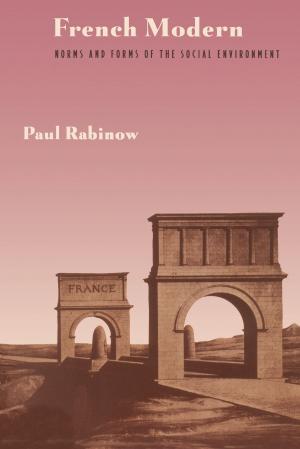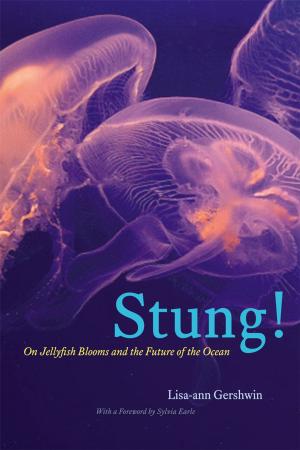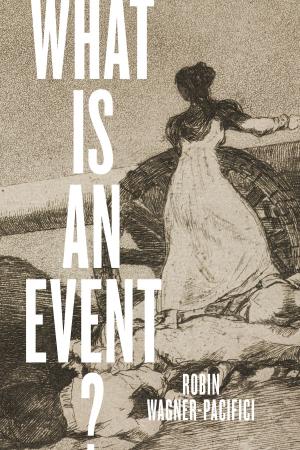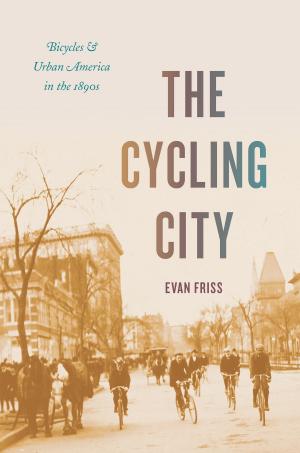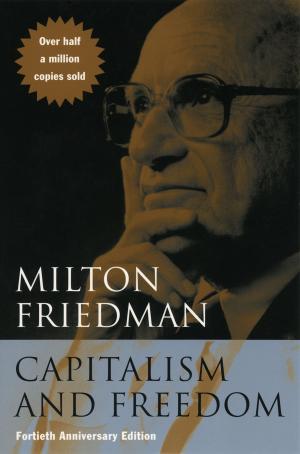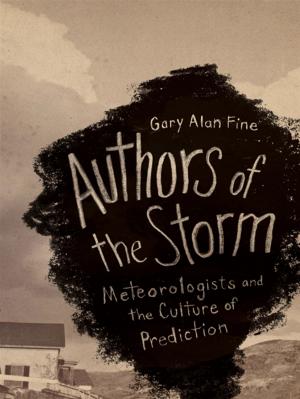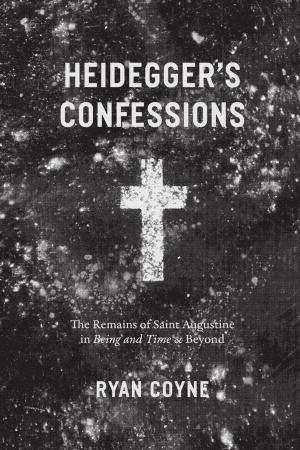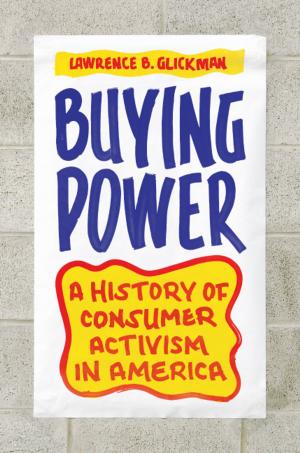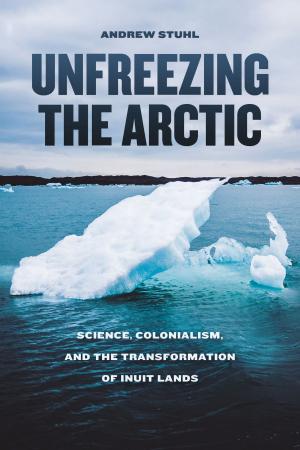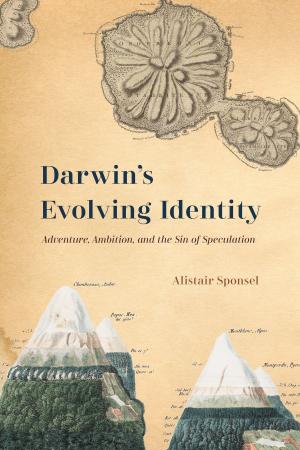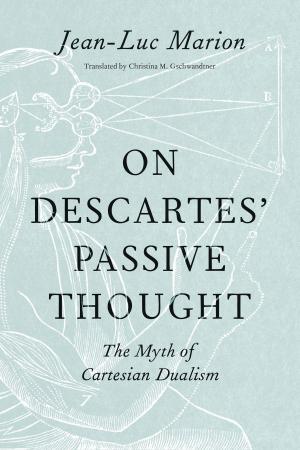| Author: | Connie Voisine | ISBN: | 9780226295466 |
| Publisher: | University of Chicago Press | Publication: | October 20, 2015 |
| Imprint: | University of Chicago Press | Language: | English |
| Author: | Connie Voisine |
| ISBN: | 9780226295466 |
| Publisher: | University of Chicago Press |
| Publication: | October 20, 2015 |
| Imprint: | University of Chicago Press |
| Language: | English |
This World and That One
Sometimes you defy it,
I am not that, watching a stranger
cry like a dog when she thinks she’s alone
at the kitchen window, hands forgotten
under the running tap.
The curtains blow out, flap the other side of the sill.
In you one hole fills another,
stacked like cups.
You remember your hands.
Connie Voisine’s third book of poems centers on the border between the United States and Mexico, celebrating the stunning, severe desert landscape found there. This setting marks the occasion as well for Voisine to explore themes of splitting and friction in both human and political contexts. Whose space is this border, she asks, and what voice can possibly tell the story of this place?
In a wry, elegiac mode, the poems of Calle Florista take us both to the edge of our country and the edge of our faith in art and the world. This is mature work, offering us poems that oscillate between the articulation of complex, private sensibilities and the directness of a poet cracking the private self open—and making it vulnerable to the wider world.
This World and That One
Sometimes you defy it,
I am not that, watching a stranger
cry like a dog when she thinks she’s alone
at the kitchen window, hands forgotten
under the running tap.
The curtains blow out, flap the other side of the sill.
In you one hole fills another,
stacked like cups.
You remember your hands.
Connie Voisine’s third book of poems centers on the border between the United States and Mexico, celebrating the stunning, severe desert landscape found there. This setting marks the occasion as well for Voisine to explore themes of splitting and friction in both human and political contexts. Whose space is this border, she asks, and what voice can possibly tell the story of this place?
In a wry, elegiac mode, the poems of Calle Florista take us both to the edge of our country and the edge of our faith in art and the world. This is mature work, offering us poems that oscillate between the articulation of complex, private sensibilities and the directness of a poet cracking the private self open—and making it vulnerable to the wider world.

